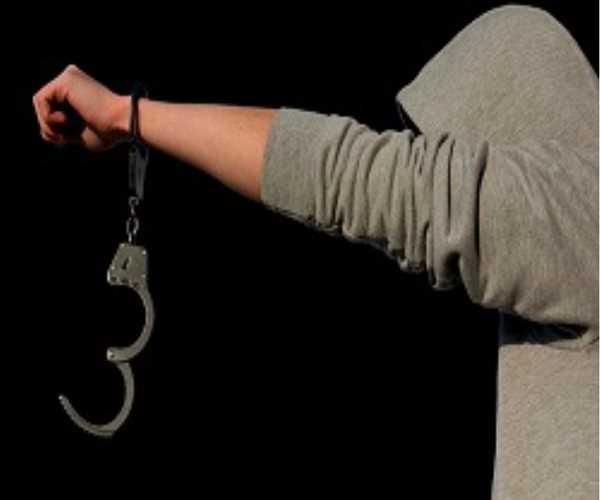The Indian legal system has stringent laws regarding bail for convicted persons. In India, bail is granted to an accused person as a measure of his/her release from custody, when they are facing trial, or when they are awaiting a sentence. Bail is a matter of right and not of privilege, and if the court believes that the accused is not likely to abscond or commit any further offence, then it can grant bail.
In India, bail is granted on various grounds, depending on the facts and circumstances of each case. Generally, bail is granted to accused persons to ensure that they appear before the court as and when required. It is also granted to protect the rights and interests of the accused, to ensure that the accused does not tamper with evidence or influence witnesses, and to ensure that a person does not suffer a prolonged period of pre-trial detention.
Generally, bail is granted on the grounds of:
1. The nature of the offence: Courts take into consideration the nature of the offence for which the accused has been charged. If the offence is of a minor nature, or a bailable offence, then the court may grant bail to the accused.
2. Age and gender of the accused: Generally, there is a presumption in favour of granting bail to juveniles and women. It’s because they are considered to be more vulnerable and less likely to commit any further offences.
3. Criminal antecedents: If the accused has previous criminal records, then it is likely that the court will deny bail. This is because the court may consider that the accused may commit further offences if released.
4. Financial status of the accused: The court also considers the financial status of the accused. If the accused has a stable income and the capacity to pay the bail amount, then the court may grant bail.
5. Character and mental condition of the accused: The court also takes into consideration the character and mental condition of the accused. If the accused has a good character and is mentally fit, then the court may grant bail.
6. Availability of sureties: Sureties are people who stand in for the accused and guarantee that he/she will attend all court proceedings. If the accused can produce sureties from respected members of society, then the court may grant bail to the accused.
In all cases, the court has the discretion to grant or deny bail on a case-by-case basis. Ultimately, the court’s decision will be based on the facts and circumstances of the case and its judgement on whether the accused is likely to appear before the court when required, whether the accused is likely to commit further offences while on bail, and whether the accused is likely to tamper with evidence or influence witnesses.
